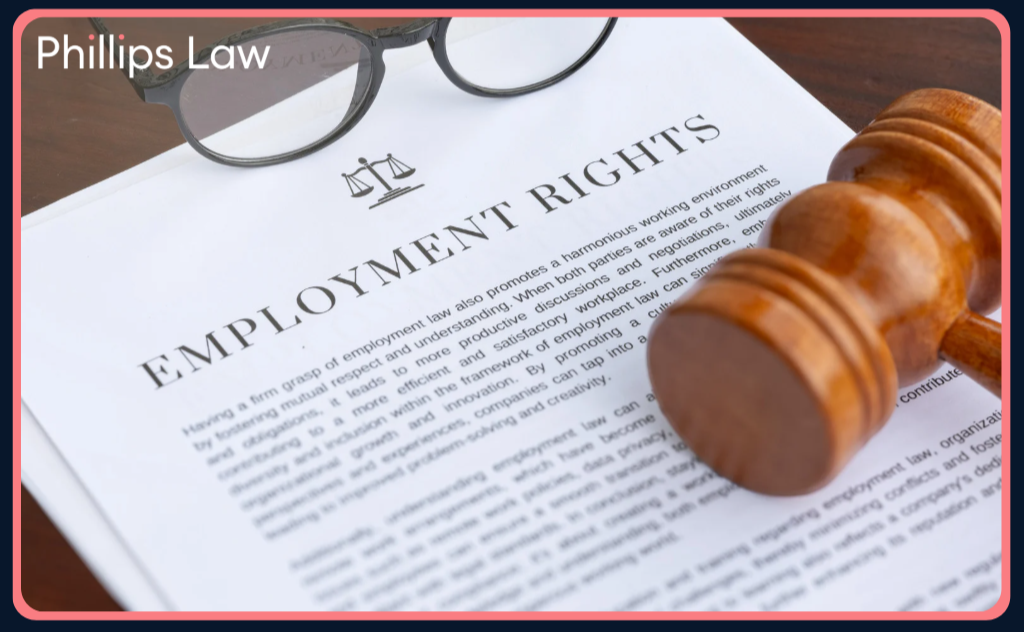
24 May 2022
The Wagatha Christie trial, that concluded at the High Court last week, has certainly provided many talking points these past couple of weeks. Whether it was the insight into the relationship between some celebrities and the tabloid press, the eye-watering legal costs that both have incurred during the proceedings or just the pure theatre of the whole affair it certainly seems to have captivated a lot of people.
The case centres around a tweet published by Mrs Rooney in October 2019 revealing the identity of the person she believed had been leaking stories about her and her family to the press, namely Mrs Vardy. Mrs Vardy denied this allegation and filed a claim for defamation, maintaining that she personally was not behind the leak.
Amongst all the drama and designer sunglasses of the Trial came the revelation, on the third day, that Mrs Vardy’s agent, Ms Caroline Watt, allegedly dropped her phone in the North Sea after a Judge had ordered that it should be searched. It was said that she was “filming the coastline” during a boat trip in Scotland, dropped her phone and was “unable to retrieve it”. Mrs Rooney’s Counsel told the Court that it was a “shame” that messages between journalists – who had allegedly been leaking stories – and Ms Watt were “lying at the bottom of the sea in Davy Jones’ locker” (which as the Judge had to explain to a confused Mrs Vardy, is a turn of phrase meaning the “bottom of the sea”).
Whatever you may think about that explanation, the reason the phone’s absence mattered was because its omission was being seen by Mrs Rooney’s camp as a significant breach by Mrs Vardy of her obligations regarding the disclosure, a fundamental part of the litigation process.
The Civil Procedure Rules (“CPR”) require all parties to assist the Court and cooperate in the way they gather and provide evidence to the Court to consider. For the most part, disclosure documents are provided during the disclosure process, which ultimately culminates in parties formally exchanging documents with each other.
The CPR makes it clear that the documents that must be disclosed are all those relevant to the issues in the case, which include any document that may adversely affect a party’s case. Parties in litigation cannot hold back documents, even if they perceive them to be damaging to their case in the proceedings. This can apply in certain circumstances, even if the document is revealing confidential information/trade secrets. If documents are relevant then, subject to any advice you may receive from your lawyers in respect to specific exemptions which may apply, they must be disclosed to the Court and to your opponent(s). There can be severe sanctions for any failure to act in accordance with the disclosure rules set out in the CPR.
The specific duties owed in relation to the disclosure process include the following:
- A duty to preserve disclosable documents. A Court can draw adverse inferences from documents that may have been lost, misplaced, or destroyed without an adequate explanation.
- A duty to make a reasonable search for documents. You are expected to provide signed statements/forms with your disclosed documents detailing the extent of the searches undertaken.
- A duty to cooperate and to disclose all relevant documents.
- An obligation to carry out any specific searches for documents that the Court may order (such as, for example, phones that a Court has ordered must be disclosed).
It is important to note too that whilst disclosure usually happens by a specific date ordered by the Court, a party’s disclosure obligations are ongoing and so if, at any time, a new document comes to light that’s relevant to the case (positively or otherwise) it must be disclosed as soon as possible.
It will remain to be seen what the Court makes of the explanation provided about Mrs Vardy’s agents’ phone but, given the emphasis placed on disclosure by the Courts, the consequences for Mrs Vardy could be potentially significant.
Whilst we only had to wait for nine full-stops for the “big reveal” in the original tweet from Mrs Rooney that brought about the saga, both Claimant and Defendant will likely have to wait several weeks for the Judgement from the Court for a conclusion.
Contact Us
Please call us or email and we’ll get back to you as soon as possible.

We are delighted to announce that Phillips Law is the regional sponsor of the Knight Frank Schools Triathlon, supporting both the Charterhouse and Marlborough events. The Schools Triath ...
More
What farming families and business owners need to know If you own a farm, land, or a family business, you will have undoubtedly heard that inheritance tax (IHT) rules are changing. Whil ...
More
We are about to see a great wave of Employment Law changes following the Employment Rights Act 2025 becoming law in December. We will use these updates to keep you abreast of the change ...
More
As we look back on a busy and notable January at Phillips Law, we wanted to share a round-up of recent milestones, insights, and community moments from across the firm. Phillips Law cel ...
More
A guide to share incentivisation for employers and an update on the new employment rights. We have created a morning of practical insight that focuses on how you can reward and retain y ...
More
We are proud to announce Victoria’s Promise as Phillips Law’s Charity of the Year for 2026. Victoria’s Promise is a local charity providing dedicated support to young women aged 25 to 5 ...
More